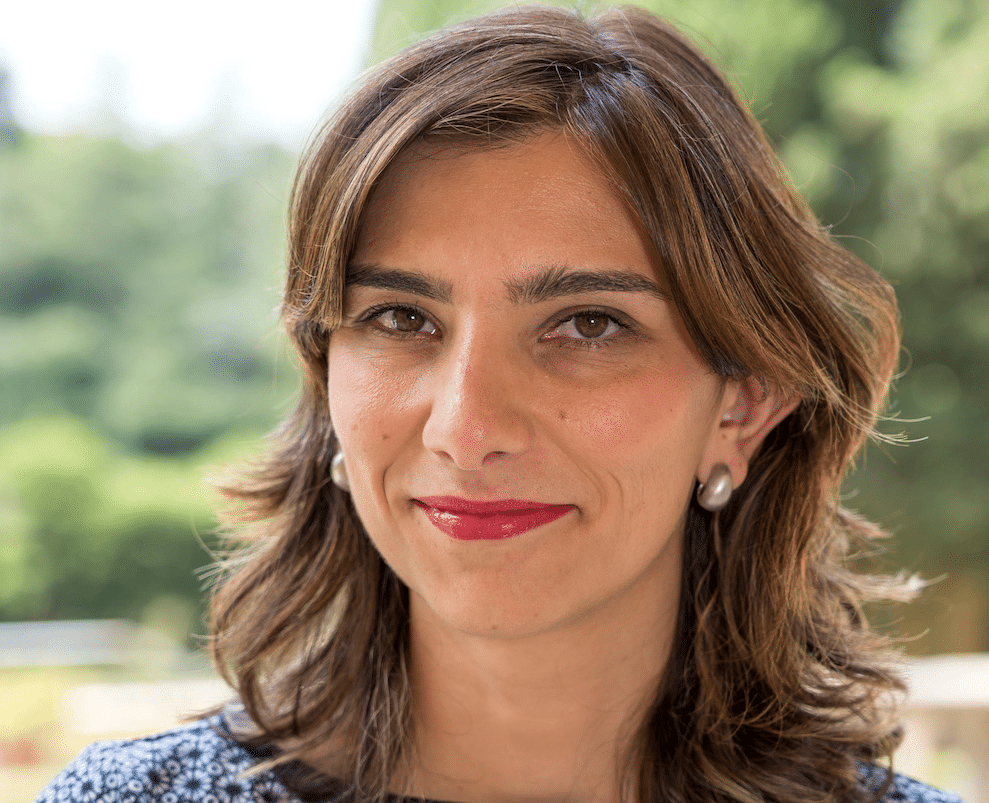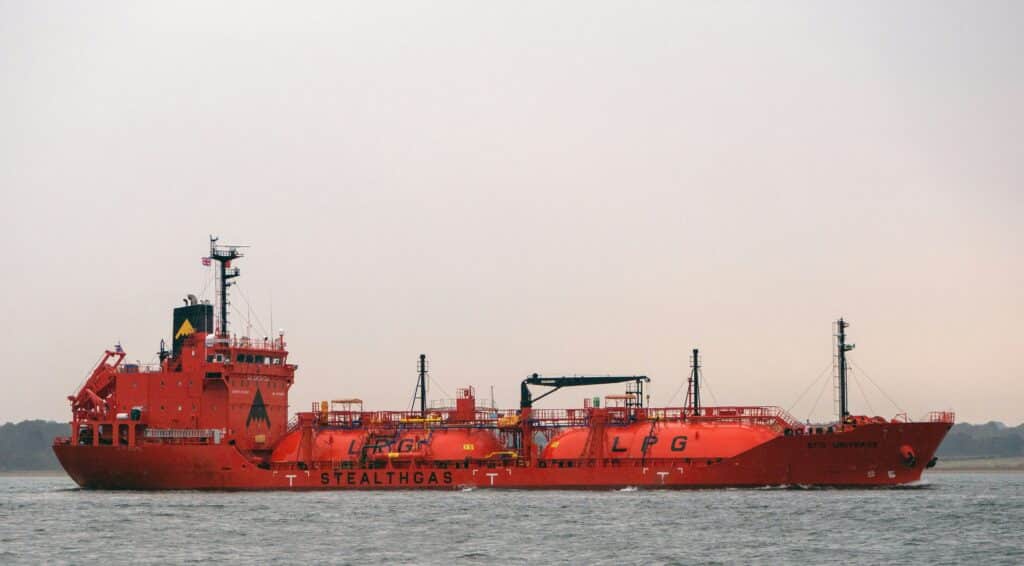Written by Ilaria Conti
While the EU Commission wonders where the EU Gas market design “is going” (with its “Quo vadis study”) and as we saw last week, EU gas utilities look for alternative business strategies, energy regulators, the third important actors in the EU gas sector, are currently in search of certainties.
In June this year, the Council of Energy Regulators (CEER) launched an important and very timely initiative to inquire about the “Future Role of Gas from a regulatory perspective” ( “FROG”). The resulting report, which is being drafted with the help of an Advisory Panel of external experts, is due to be published by the end of the year.
While the scope of this study appears broad at a first glance it seems to me that, in this case, regulators bravely adopted the right approach to the dramatic shift of paradigm that is taking place in the EU gas sector.
In fact, what is being questioned at the moment is not only a negligible aspect of the current EU gas system, or the implementation of certain rules in certain countries. With renewable energy massively penetrating the energy market and with technology progressing in electricity storage – among others – in the coming decades it is the future of gas and its usage that would be under threat. With the era of Long-Term coming to an end, gas utilities strive for investment signals from decision makers on which role gas will play in the future energy policy. If we want to think ahead and prevent future difficulties, now is the right time to stop and discuss which possible scenarios lie ahead.
The debate is twofold and includes the use of gas as a commodity and the issue of infrastructure:
- Which use of gas (and which gas? Only natural gas or also biogas?) should we consider in the energy system in the next 20 years? In which sectors (transport, heating?) and functions will it be more significantly present?
- Secondly, how do we facilitate the development of the right new infrastructure needed to support its new usage? And how do we deal with the existing infrastructure, which might need to be decommissioned?
Additionally, the biggest challenge for regulators will consist of identifying the regulatory gaps which exist in this transitional period. They will need to build the missing regulatory links and “bridges” between sectors which were hardly skimming over each other, and where gas is expected to have a future – at least for the next 20 years or so. For instance, gas and electricity in Power-to-Gas applications, gas as a fuel for maritime transport, urban mobility with gas vehicles and so on.
[The Florence School will address this topic in a dedicated workshop in November. More information coming soon! ]
The big challenge will lie, on one side, in finding the right balance between the need (and the temptation!) of anticipating what the future will look like – and, on the other, the danger of lagging behind a fast-changing environment. In the first case, the risk is to make fundamental decisions based on predictions which might turn out to be completely wrong – for example, because of a sudden acceleration in the development of one or the other technology. It was the case with solar panels only a few years ago. In the second case, the risk is to let the energy players work in an outdated regulatory framework, which misses some fundamental pieces to enable a fair energy market functioning.
Of course, nobody can make precise predictions; however, combining and discussing different perspectives still better than sitting and watching changes happening inexorably.
Good luck to the energy regulators, may their shedding of skin be as smooth and as painless as possible – for the benefit of the whole EU gas sector!







